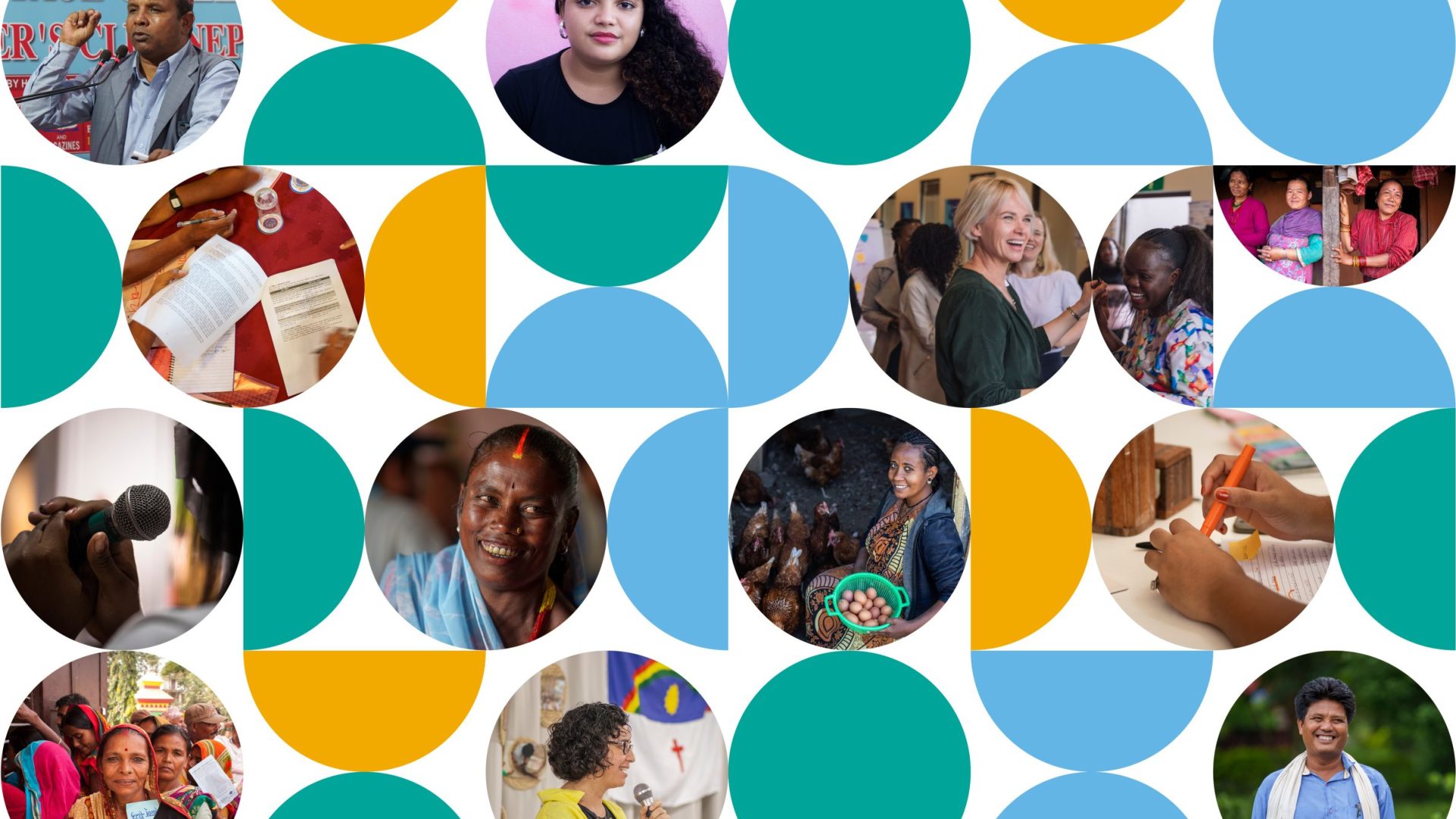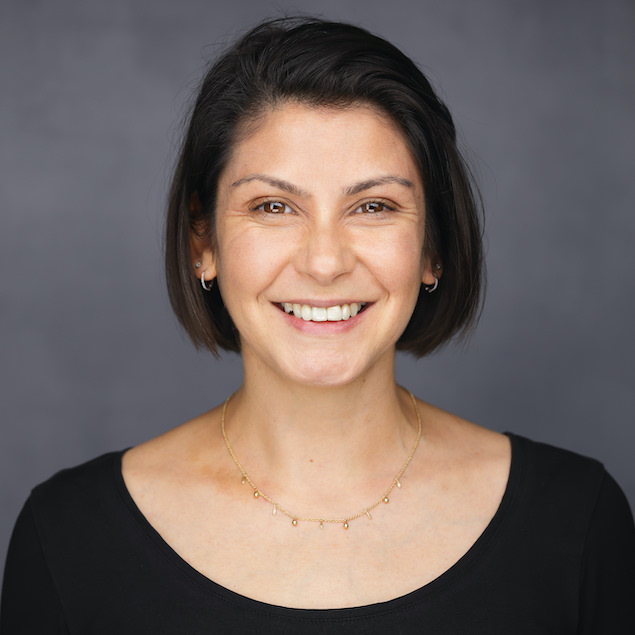
Grant Application Templates – Full Proposal
A template used to request detailed applications from potential grantees

From defining your grantmaking vision to awarding funding, this section is all about establishing partnerships.
Before diving in, it’s important to hone in on your vision for grantmaking so you can be as thoughtful and strategic as possible.
At the Freedom Fund, our vision is a world without modern slavery. Through our funding, we seek to reduce exploitation and enable civil society to be more effective at addressing this issue. We take a long-term systems change approach and understand this often means we can’t just chase short-term, tangible ‘wins’ in our work. Truly shifting the systems that underpin modern slavery requires persistence, creativity, trust and well-resourced partnerships.
Once you’ve clarified your vision, it’s time to get practical.
The most important thing to remember is that the best strategies are developed collaboratively with those who are closest to the issue. Their perspectives and lived experiences are irreplaceable.
Before launching a new grantmaking program, we undertake a scoping study and strategy process, which we conduct in close collaboration with frontline organisations and local advisors. This ensures our approaches are relevant and informed by community needs.
How significant and prevalent is the problem?
Is there a clear opportunity for us to create impact? Who else is already working on this issue and what is our potential to add value?
Are there existing civil society organisations, including frontline groups, we could support?
Is it practically possible to operate a program, including sending funds and hiring local advisors, but also from a security and government reception standpoint? (While we don’t require governments to be actively supportive of our presence, a hostile government could pose significant barriers to our operations.)
Do we think this program is fundable (i.e. do we have the budget to fund in this region or a specific donor who is interested)?
Once you have your overarching strategy, you’ll need to find frontline organisations to support.
Often these pieces happen concurrently, as ideally you’ll want some potential partners to feed into your strategy development process, and you’ll want to use that time to build trust and rapport.
Depending on your location and history as a funder, this can be straightforward or complex – but the most important thing to remember is that, in most cases, you should try to expand beyond your immediate networks and be proactive in your efforts. Building partnerships with trusted experts, other funders, and vetted intermediaries is a great way to do this.
At the Freedom Fund, identifying organisations to support is part of our scoping process.
Once you’ve identified a frontline organisation you might want to support, you’ll likely want to go through a formal application or proposal process. This isn’t always necessary, but a general rule of thumb is that the process should be proportionate to the partnership. Small, one-off grants don’t warrant a long application, whereas you may want to conduct more thorough due diligence on significant grants, especially if you envision a long-term partnership.
It’s important that decision-making involves people closest to whatever thematic or geographic area you are addressing. It’s smart, equitable, effective – and the right thing to do. If it’s not possible to have staff on the ground, consider forming an advisory group of locally-based experts, working with a trusted intermediary, or temporarily bringing on a local consultant.
At the Freedom Fund, all grant decisions are directly informed by our Program Advisors, locally-based experts who know the context inside and out. When making decisions about funding and notifying partners, we also strive to be as clear as possible about expectations, requirements and timelines. This is a critical part of building mutual trust.
After we’ve identified potential partners, an official application process begins.
Ideally, the short-listed partners have already co-created these goals with us during the strategy setting phase.
Face-to-face meetings help to deepen our understanding of the organisations and their work.
In an effort to respect organisations’ time and energy, we rarely conduct open calls for proposals, and we only request proposals from groups we are very serious about funding. Depending on partners’ needs and preferences, we sometimes provide support in drafting the proposal. Partners can write in their preferred language and we pay for translation when needed.
Our due diligence process aims to ensure that organisations have systems and minimum standards in place that protect their participants, community members and staff from harm and ensure funds are spent and monitored appropriately. Where critical gaps are identified but we believe the organisation is willing and able to fill these gaps, we incorporate a time-bound due diligence plan into the grant agreement, and have an open discussion around what additional resources or support might be needed to meet minimum standards.
At the Freedom Fund, all grant decisions are directly informed by our Program Advisors, who know the local context inside and out. When making decisions about funding and notifying partners, we also strive to be as clear as possible about expectations, requirements and timelines. This is a critical part of building mutual trust.

Pauline, Freedom Fund Senior Program ManagerThe application process can be an opportunity to build relationships. And it’s important to adjust that process to fit partners’ needs, rather than expecting them to adapt to us.
How you give your grants can be just as important as how much you give. As a funder, you should get clear on your values and then ensure the way you structure your funding aligns with them.
At the Freedom Fund, our grantmaking values include trust, flexibility and stability. We understand that grantees are the ultimate experts on where to direct their resources, that there are always going to be unexpected challenges they will need to pivot around, and that ‘overhead’ costs are essential to impact.
As a collaborative fund, we’re also accountable to our own donors, and need to ensure those relationships remain strong for the sustainability of our partners. We have a responsibility to steward our donors’ resources in a way that aligns with both their requirements and our values, and to absorb any major differences so our grantees don’t have to.
While we aim to be as flexible as possible, most of our grants, at least in the early stages, are restricted to specific programs. This enables the Freedom Fund to invest in newer or less established partners (as we provide closer oversight and ringfence a proportion of the grants for organisational development) and ensures that funds are spent within the Freedom Fund’s issue area (modern slavery). We currently provide unrestricted grants to survivor-led groups and partners we’ve funded for many years.
Most of our grantee partners are working on small budgets without reserves and rely on grants to keep staff employed. If donor funds for intended work are delayed due to finance systems, what may seem like a minor administrative delay can become a crisis. We prioritise getting funds to partners quickly.
Within restricted grants, our partners decide how funds should be budgeted to achieve the project’s intended impact – whether that takes the form of staff salaries, rent, supplies, training or travel. We understand that all of these costs are important to programmatic success! We also provide grantees with regular opportunities to revisit their budgets and reallocate as needed.
An individual grant contract is typically 1-3 years, but most renew to become longer-term partnerships of 7-10 years.
This allows our partners the freedom to plan for the future and focus on impact, rather than worrying where they’ll get next year’s funding – and it also ensures we’re only making commitments we can keep, in line with our own resource mobilisation.
To ensure our partners have diversified income, we generally try not to provide more than 30% of an organisation’s overall funding.

A template used to request detailed applications from potential grantees

A guide to our three-tiered due diligence process and accompanying templates

A summary of our 2019 Brazil scoping study